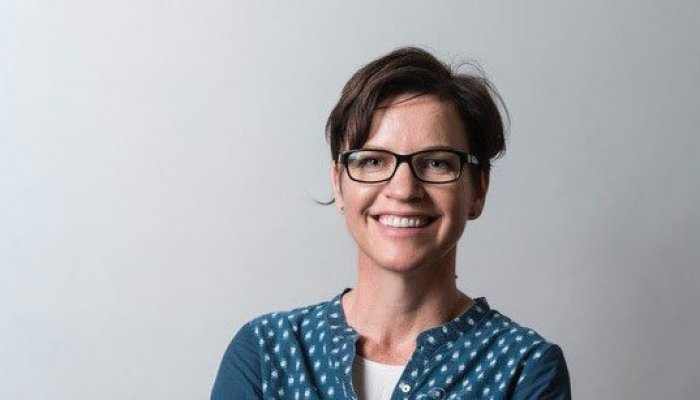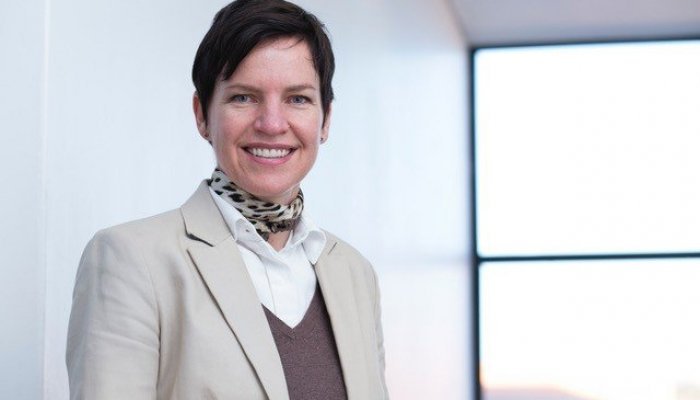Inviting innovative change into your business mindset and management style starts with forming unlikely alliances in the face of grave challenges. It is about bringing people together who do not necessarily like or even trust one other and enabling them to imagine and move towards novel solutions.
To succeed in this arena, we must be willing to approach challenges with an enquiring mind and be prepared to practise radical imagination and experimentation.
Radical imagination
Radical imagination is not imagination within the confines of your current world view. It is imagination that breaks away from the assumptions around business as usual, where ideas flow from known variables. It is about imagining a response that is based on a new set of rules and assumptions.
The goal is to find untested solutions through collaboration, even though everyone may have different ideas about what to do. What is important is that this process is not about people getting along, nor is it about consensus or peace-making. It is about collaborating across interests.
It is about imagining a response that is based on a new set of rules and assumptions.
The realm of radical imagination involves finding more creative ways to resolve stuck situations that are not working optimally. Hard evidence shows that creativity yields more effective outputs, and the birthplace of creativity is our collective imagination. Ultimately, this is the best antidote to being stuck in an increasingly fearful and polarised world.
Consider how this type of thinking could be applied to a complex issue such as growing unemployment. Focusing solely on job creation will likely not achieve the results we want, nor will only pushing to create more favourable conditions for job seekers through mentorship, learnerships and improved education. There needs to be a more creative examination of the bigger picture through the combining of different perspectives.
... the outcome far exceeded our expectations ...
Experimentation
As we help people try and imagine a new, and often more efficient way of finding solutions, my Reos colleagues and I always start by answering two interrelated questions:
1. How do we help teams move from a fear-based response to a more creative and open response?
2. Then, how do we move from one fixed view of an outcome towards experimenting with multiple ideas to come up with a new way of doing things?
When we don’t have a best practice to fall back on, we tap into a design thinking framework and start learning through experimentation. We develop the ability to pivot very quickly between what is and what is not working. For the leader, this comes with a shift in orientation, away from assuring individuals by telling them what to do, to rather encouraging them to work together and experiment their way forward towards solutions.
Ultimately, experimentation gives people the courage to try out new ideas, the license to fail, and the freedom to try again until a workable and sustainable solution is found. This type of innovation does not have space for people to protect their ideas from colleagues or try and hold onto projects from inception to execution. In a time of crisis everyone needs to be totally transparent about their learnings and act in the spirit of cooperation.
Outcomes
The outcomes of being willing to adopt a new and unfamiliar system can come in many forms. We have experienced unexpected results with radical imagination and experimentation at large-scale inter-organisational levels and, in the process, have been able to create new kinds of value.
Reos Partners’ work is to help businesses, governments, and civil society organisations to address their complex social challenges. This work typically happens in high-stakes environments where there is low trust and the solution is not apparent; often places where governance is compromised, and justice needs aren’t fully being met. On justice issues, we have most recently worked in Ethiopia, Syria and Mali. We help stakeholders in these situations to collaborate to address practical citizen needs, like land rights or safety, that are the foundation of any stable society. Our role in this process is to encourage innovation across a number of different country contexts.
Just like our clients and partners, we also need to pivot. Due to the global pandemic it was no longer possible to facilitate one of these face-to-face workshops in Mali. Instead of cancelling, we explored a digital solution.
We were faced with the reality that most of the participants had never been part of a virtual process. Some were working on the ground in rural communities, and a few were working in urban areas. Instead of deciding upfront that a virtual process would not work, we experimented with a new way of doing business. We shipped modems to workshop participants and organised data for everyone. We held an orientation programme to help with the use of technology. We then converted a two-day workshop into a series of modules held over several weeks.
We would never have imagined this reality had we not been forced to. As it turned out, the outcome far exceeded our expectations and the virtual process was not only cheaper, but it was also sufficiently participatory, inclusive and effective.
Closer to home, our work with the Southern Africa Food Lab also highlights the value of this response. We’ve been part of convening committed and influential individuals from across the food system to radically imagine and experiment at multiple levels to enable the food system to respond to the hunger challenges Covid-19 has raised.
As leaders in an uncertain world, harnessing the potential of radical imagination and experimentation is our best chance to ensure an agile, effective and cohesive country, economy or business. During a time when nobody can predict what the state of the world will be in the future, we have to be open to new ways of addressing tough issues.
Steps to encourage radical imagination
At Reos Partners we have a structured process that encourages radical imagination within diverse groups:
- We convene the group that does not necessarily agree on a solution, or even know what it is, but comprises diverse individuals who are equally invested in its outcome.
- We carefully prepare to ensure that each stakeholder in a group process signs up to a set of collective agreements.
- We always frame the invite to collaborate in a language where people are willing to step out of their comfort zones and experiment. Although people do not agree, if you can help them see that they are collaborating on a shared challenge, they become more inclined to work with opposing opinions.
- The group is encouraged to build a rough, shared understanding of the problematic situation and its impact on the current reality, allowing for an enhanced understanding of the big picture to emerge.
- From this deeper systemic understanding, teams experiment with a range of approaches to address the problem where it has the highest possible impact and challenges the current norms of how things are done.
KEY TAKEAWAYS
- Radical imagination is not about people liking each other, but rather about people collaborating for innovative solutions.
- Radical imagination requires experimentation to test the feasibility of new ways of doing things.
- Radical imagination can only succeed when people enter the process with an open and enquiring mind, willing to trust the experiment and learn from failures.
- Leadership around radical imagination is not about knowing all the answers. In the age of disruptions, leadership has to be participatory, inclusive and open.
- When inviting people to join a process of radical imagination, you need to speak their language to ensure willingness to participate.
Colleen Magner is co-founder of Reos Partners and managing director for its Africa office. As a scenario-planning expert, she has worked globally on addressing issues around environmental and social change. She is co-author of Mapping Dialogue: Essential Tools for Social Change and edited the book Dust to Diamonds: Stories of South African Social Entrepreneurs. Colleen is an adjunct faculty member at GIBS, and prior to Reos she launched the GIBS Centre for Leadership and Dialogue.






